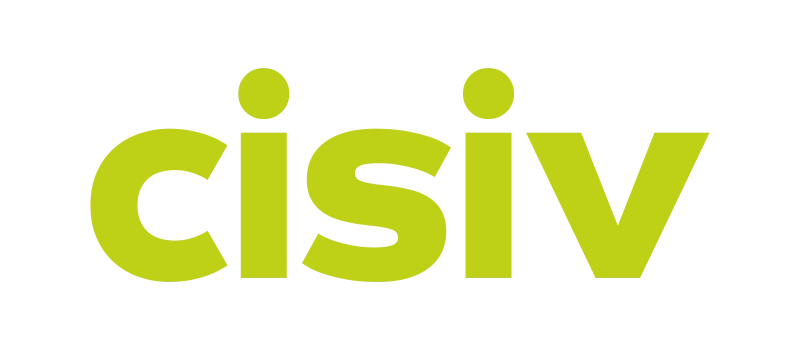Expanded Access Programs (EAPs), sometimes known as Managed Access Programmes (MAPs), allow pharmaceutical sponsors to offer patients their pre-approval investigational drugs outside of clinical research settings in an ethical, controlled, and compliant manner.
Cisiv worked closely with a leading global CRO that uses Baseline Plus to underpin its real world evidence and late-phase studies portfolio. For this project, we worked with our CRO client to design and build a data capture tool for an Expanded Access Programme to manage the use of their biotechnology customer’s new product for critically ill COVID-19 patients before the treatment became commercially available. The programme spanned five countries with over ten sites overall across the USA, Latin America, and Europe.
Background
While EAPs may yield additional data about the investigational drug, data collection is not their primary purpose. The focus of such programmes is to deliver the investigational drug to the patients who need them in a straightforward and compliant fashion. Therefore, the technology solution workflows should reflect this objective and not burden the sites unnecessarily.
Specific considerations include:
- Physicians and patients tend to drive participation in expanded access programmes, so a mechanism is typically required that allows the sponsor or CRO to qualify requesting sites.
- The initiation of such programmes is often time-constrained, requiring a fast turnaround of data capture build.
- As the sites are not traditional research participants with strong familiarity with data capture technologies, tools and forms must be intuitive and straightforward to use.
Our CRO client was also keen to develop a standard approach that they could cascade through to other similar EAPs within their portfolio of studies.
Solution
Cisiv’s Baseline Plus delivers a complete suite of tools and workflows within a single platform, and CROs and sponsors worldwide use it to underpin their MAPs and EAPs.
As experts in late phase and real world studies, we recognise the importance of streamlined, easy to use processes that don’t seek to collect unnecessary data. For this expanded access programme, we designed a set of workflows to encompass:
- Site registration: The first element to support is initial site registration. As the impetus for site registration with EAPs tends to be physician or patient-driven, rather than directed by the CRO or sponsor, the study design needs to capture foundational information on the prescribing physician, including their name, site address, and medical background. After the site completes this information, the workflow submits the request to the CRO for manual approval based on their suitability to administer the investigational drug. A further sub-step in qualifying the site as part of the programme is to enable the provision of additional registration information, including any required documents and shipping details for the distribution of the investigational product.
- Patient enrolment: Once these registration conditions are met, the workflow admits the site to the site portal, where they may begin enrolling patients by submitting their basic demographic and clinical details. At this point, the workflow offers a potential additional step allowing the CRO lead to review the patient’s details as required and approve them for the programme.
- Drug orders: It is vital within EAPs to offer a simple, straightforward process for the sites to order the drug product – with parameters including the number of vials, dose, date of order, and whether the order is a new instance or re-order.
Once again, within our solution, we incorporated a qualifying step to allow management to approve the order and distribution of the product. Notably, the workflow structure also supports the integration of 3rd party drug supply vendors within the system as part of the EAP ecosystem.
Success factors
Several key attributes of Baseline Plus enable its successful use in expanded access programs including:
- Fast set up: Due to the critical nature of the programmes in delivering essential medicines for unmet patient needs, it’s crucial to have a system that supports fast, agile set-up.
- Standardisation: The ability to create standard processes that streamline the delivery of similar EAPs for CROs is a key advantage. While there may be subtle differences between expanded access programs, there are many similarities we can leverage to ensure efficiencies and swift project initialisation.
- Ease of use: Sites participating in expanded access programs may be research naïve, and physicians are generally extremely busy. Therefore, simple and non-intrusive data capture is key to supporting the entry of vital information and streamlining drug orders.
- Communication support: Keeping sites informed and engaged while waiting for registration, patient enrolment, or drug order approvals can be supported through automated email workflows.
Outcome
The project was deployed into a live environment ahead of time and with no changes required to the initial set-up.
We delivered an effective workflow for a clinically meaningful EAP programme for critically ill COVID-19 patients and enabled our CRO partner to provide a tailored solution to their biotechnology customer.
With a streamlined EAP data capture structure in place, the CRO is now well equipped with the technology to roll out similar programmes efficiently and quickly to other sponsors.
As is often the case in real world studies, having the right technology tool for the task simplifies data capture workflows and maximises the opportunity for success.


